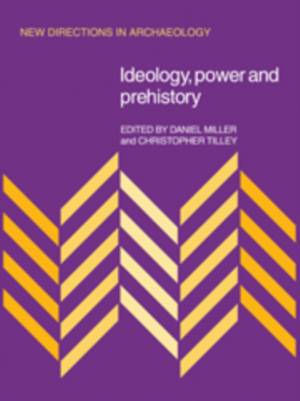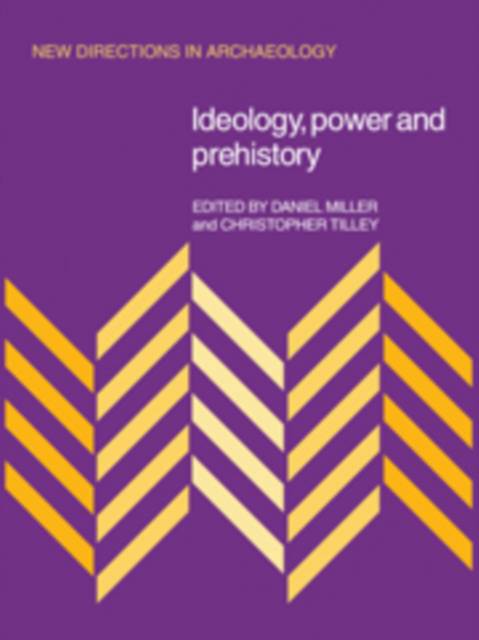
- Afhalen na 1 uur in een winkel met voorraad
- Gratis thuislevering in België vanaf € 30
- Ruim aanbod met 7 miljoen producten
- Afhalen na 1 uur in een winkel met voorraad
- Gratis thuislevering in België vanaf € 30
- Ruim aanbod met 7 miljoen producten
Zoeken
Omschrijving
This book starts from the premise that methodology - the procedures for obtaining an 'objective' knowledge of the past - has always dominated archaeology to the detriment of broader social theory. It argues that social theory is archaeological theory, and that past failure to recognise this has resulted in disembodied archaeological theory and weak disciplinary practice. Ideology, Power and Prehistory therefore seeks to reinstate the primacy of social theory and the social nature of the past worlds that archaeologists seek to understand. The contributors to this book argue that past peoples, the creators of the archaeological records, should be understood as actively manipulating their own material world to represent and misrepresent their own and others' interests. Thus the concepts of ideology and power, long discussed in social and political science yet largely ignored by archaeologists, must henceforward play a central role in our understanding of the past as a social creation. Archaeologists must now consider how the material remains they study were used to create images by past societies, which do not simply mirror or reflect but actively orientate the nature of these societies.
Specificaties
Betrokkenen
- Auteur(s):
- Uitgeverij:
Inhoud
- Aantal bladzijden:
- 168
- Taal:
- Engels
- Reeks:
Eigenschappen
- Productcode (EAN):
- 9780521090896
- Verschijningsdatum:
- 27/11/2008
- Uitvoering:
- Paperback
- Formaat:
- Trade paperback (VS)
- Afmetingen:
- 210 mm x 279 mm
- Gewicht:
- 390 g

Alleen bij Standaard Boekhandel
+ 121 punten op je klantenkaart van Standaard Boekhandel
Beoordelingen
We publiceren alleen reviews die voldoen aan de voorwaarden voor reviews. Bekijk onze voorwaarden voor reviews.











